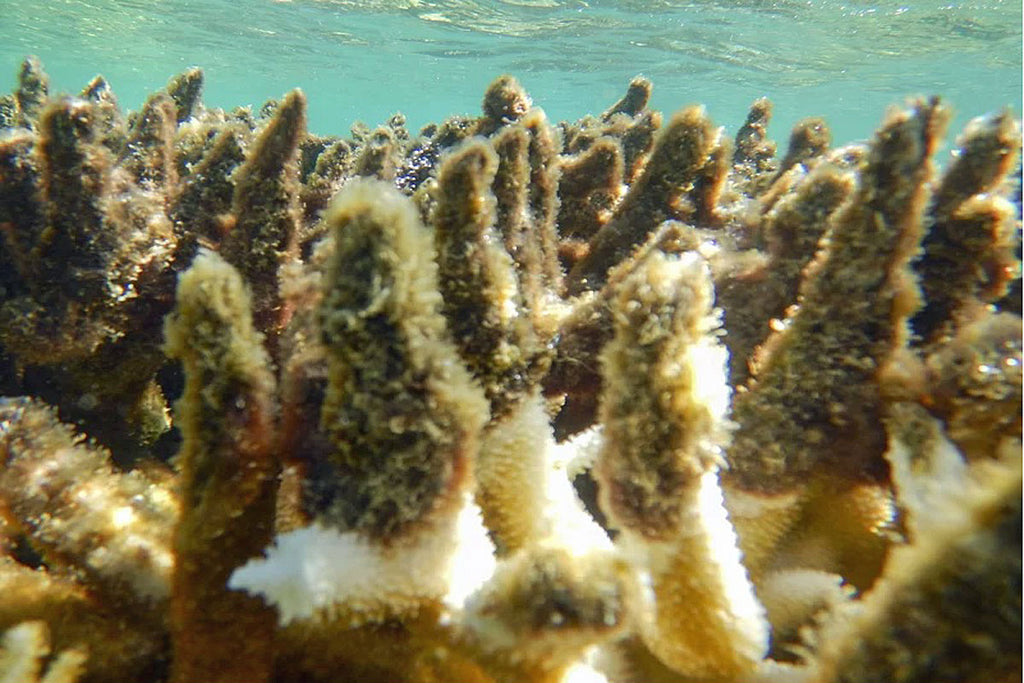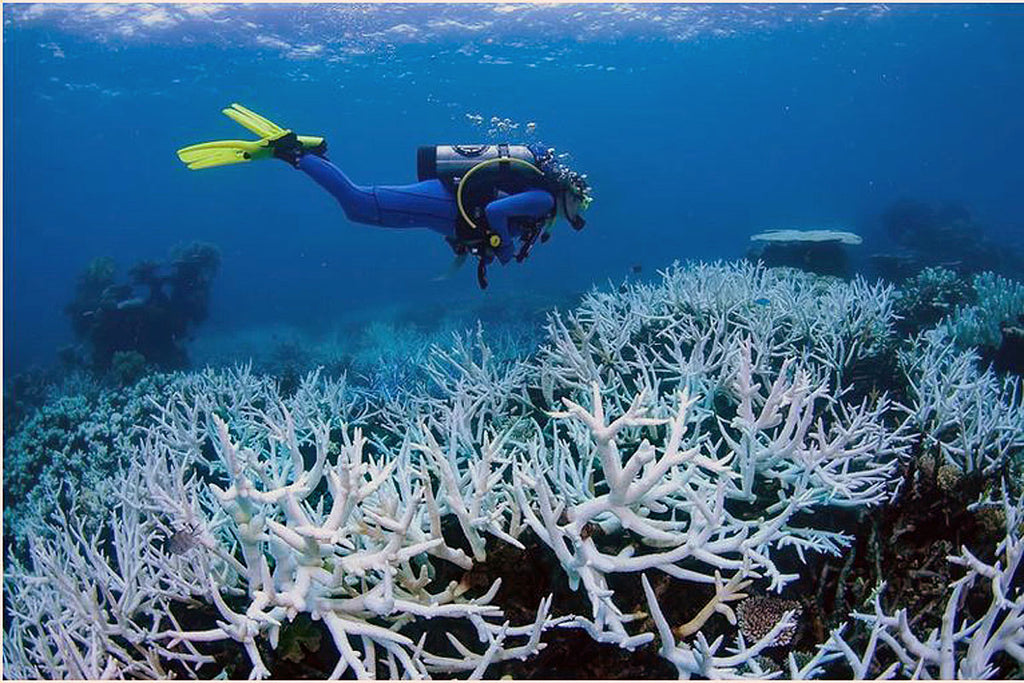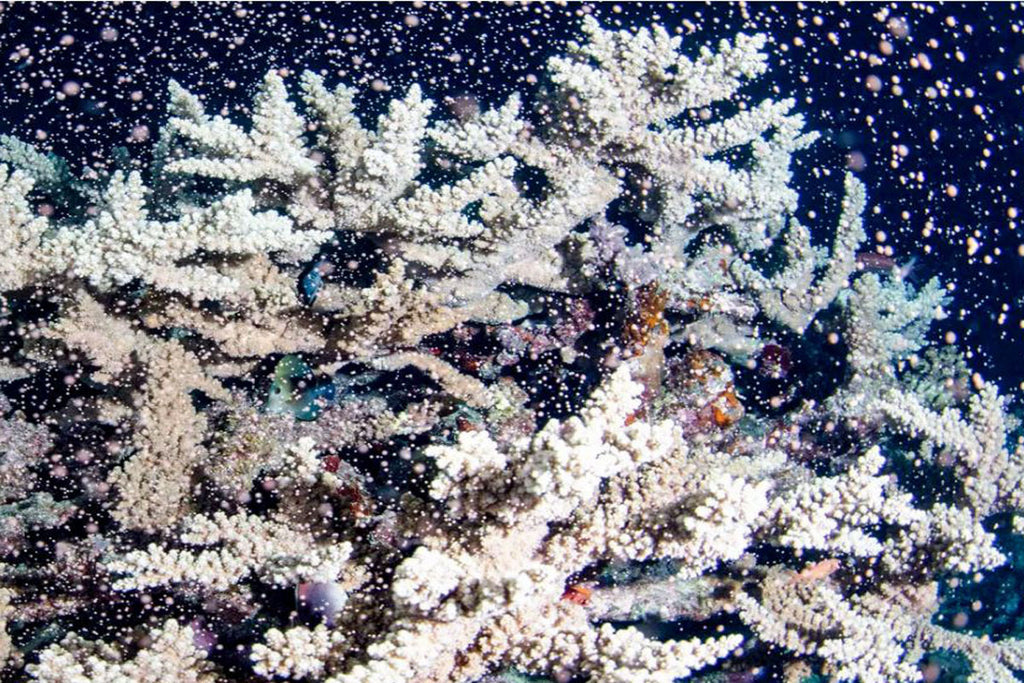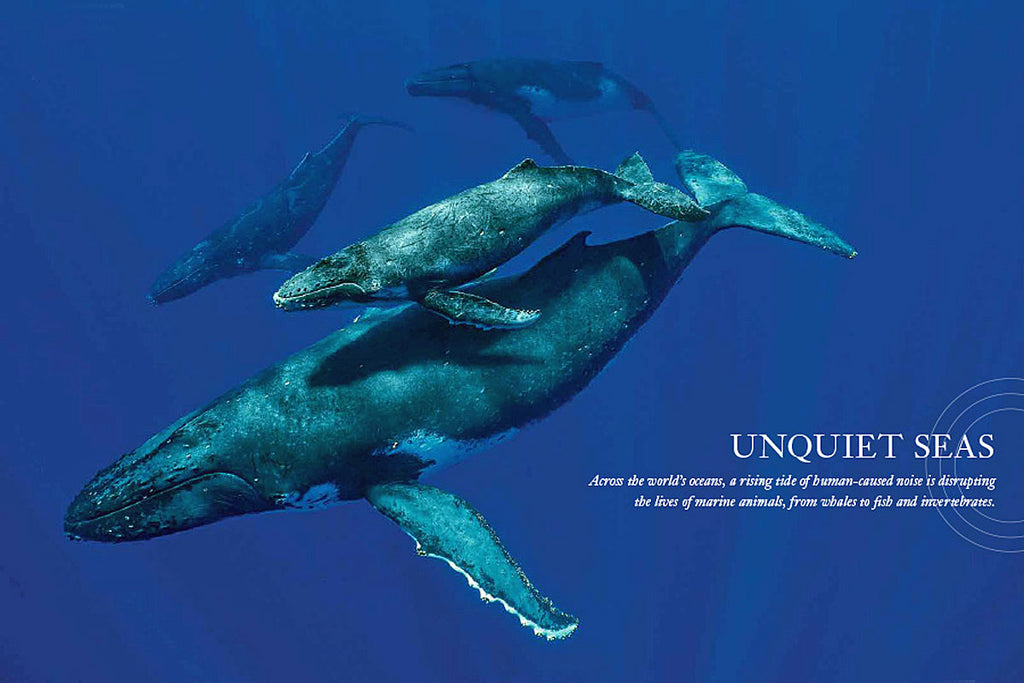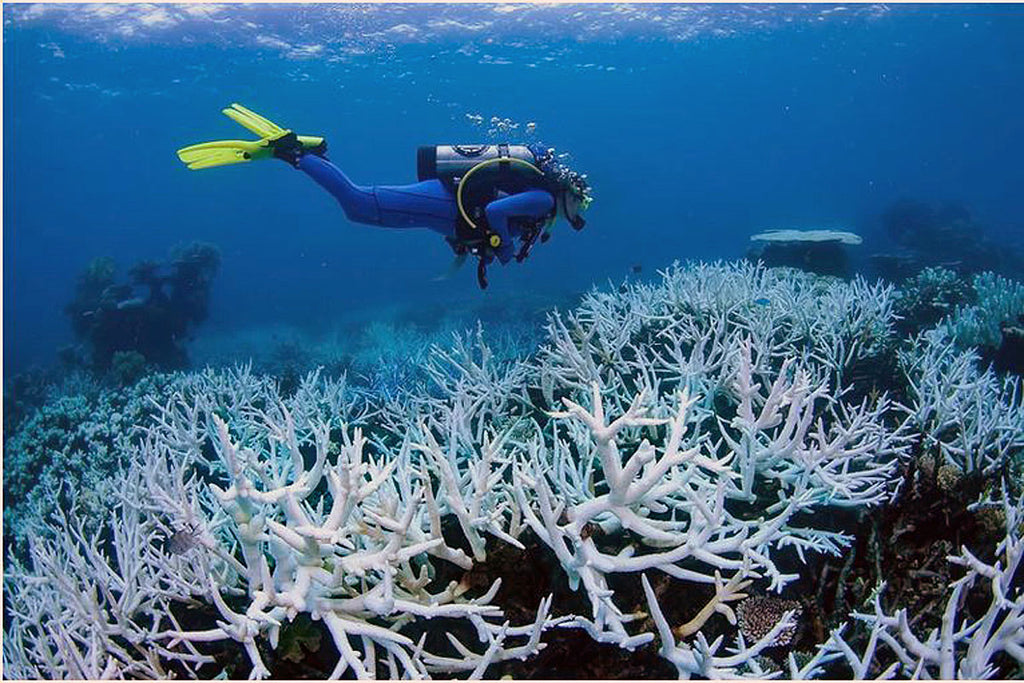Australia's Great Barrier Reef is hit with mass coral bleaching yet again
- News
- 27 Mar, 2022
Australia's Great Barrier Reef has experienced four mass bleaching events in the last seven years, like this one in 2017. Scientists warn repeated bleaching makes it tough for corals to recover.
Brett Monroe Garner/Getty Images
Australia's Great Barrier Reef has been hit by widespread coral bleaching repeatedly in recent years, where marine heat waves have turned large parts of the reef a ghostly white.
Now, it looks like the fourth mass bleaching in the last seven years is unfolding.
Abnormally hot ocean temperatures, as high as 7 degrees Fahrenheit above average, have stressed the reef in recent weeks even though autumn normally means cooler conditions. Scientists with Australian government agencies say some parts of the reef are experiencing severe bleaching as a result.
Back-to-back bleaching events are expected to become more common as the climate gets hotter, but it's happening sooner than expected in Australia – a worrying sign that the vast majority of the world's coral reefs are at risk of disappearing.
Repeated bleaching leaves no time to recover from heat stress
When temperatures rise, corals lose their crucial roommates: the marine algae that live inside coral and produce their primary source of food. Those algae give corals their vibrant colors, but get expelled during periods of heat stress, causing the corals to bleach and turn white.
Bleached corals aren't necessarily goners, though.
"If the water temperature decreases, bleached corals can recover from this stress," said David Wachenfeld, chief scientist of Australia's Great Barrier Reef Marine Park Authority, in an update on the reef's health.
Forecasts show ocean temperatures will likely remain above average for the next few weeks, though, increasing the risk that some corals will die off. The reef has been experiencing extreme heat since November, which was the warmest November on record for the Great Barrier Reef.
The coral have been experiencing some pretty extreme heat stress for longer than they ever have," says Derek Manzello, coordinator of the National Oceanic and Atmospheric Administration's Coral Reef Watch.
Even corals that recover are harmed, since periods of stress can hurt their ability to reproduce. After mass bleaching in 2016 and 2017, large parts of the Great Barrier Reef lost half of their live corals. Then another bleaching event hit in 2020.
"You're essentially killing off all your super sensitive corals," says Manzello. "What's really bad about that is that the most sensitive corals are usually the ones that are most responsible for building the reef. Those are the corals that grow the fastest."
Marine species and millions of people depend on coral reefs
Reefs around the world are experiencing similar climate-related damage. A worldwide assessment found that between 2009 and 2019, 14 percent of the world's corals died.
A quarter of marine species depend on coral reefs at some point in their lives, as do millions of people who depend on reefs for food, jobs and shoreline protection from storm surges.
Scientists are racing to find ways to give corals a fighting chance, like searching for reefs that could act as refuges because they experience naturally cooler water. Others are breeding heat-resistant corals that could be used to restore reefs.
Still, if countries don't reduce fossil fuel emissions over the next decade, studies show the outlook for coral reefs is grim. Even if the world can limit warming to 1.5 degrees Celsius, 70 to 90 percent of coral reefs are likely to die off.
"We need to really learn from these bleaching events," Darling says. "We need to change business as usual. We need to take action on climate change."

